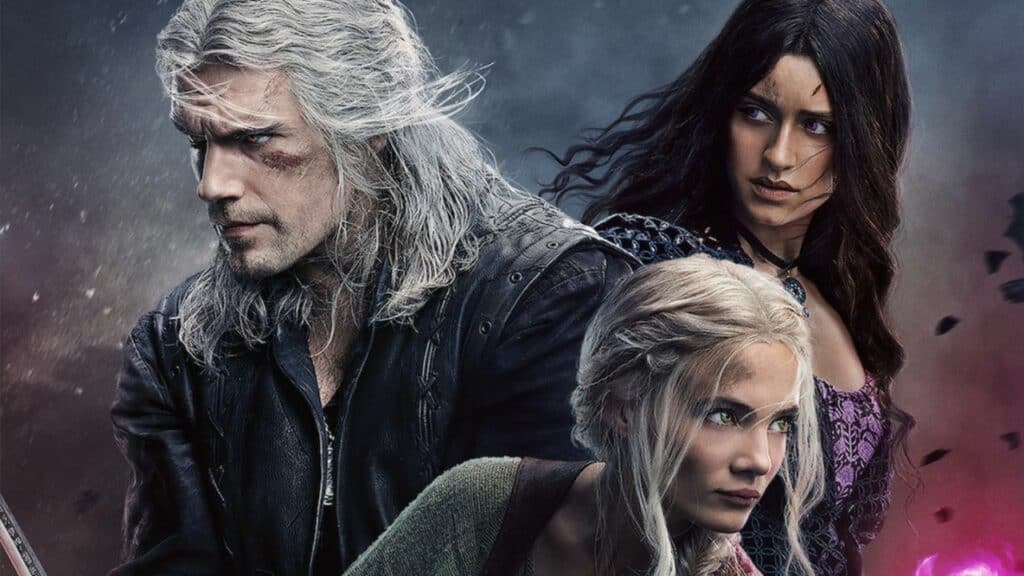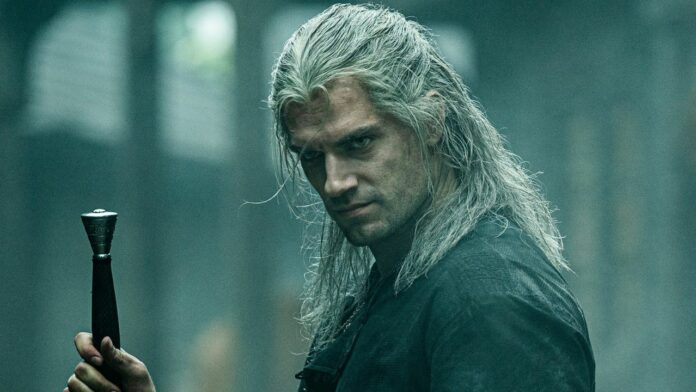The Witcher follows Geralt of Rivia, a solitary monster hunter, as he struggles to find his place in a world where people often prove more wicked than beasts. Geralt’s path intertwines with a powerful sorceress and a young princess harboring a dangerous secret, leading to a tale of destiny, love, and sacrifice.
In the pantheon of fantasy heroes, few have captivated audiences quite like Geralt of Rivia, the silver-haired protagonist of The Witcher.
At first glance, Geralt embodies the classic lone wolf trope—a solitary figure, moving through a grim world, detached from the plights and passions of those he encounters.
Yet, as the narrative weaves through the Continent, Geralt’s journey in The Witcher defies this stereotype, offering a nuanced portrayal that challenges and enriches the archetype.
Emotional Depths Beyond Solitude
Contrary to the lone wolf’s isolated existence, Geralt forms profound emotional connections in The Witcher.
His relationships with characters such as the sorceress Yennefer and his surrogate daughter, Ciri, are steeped in complexity and genuine affection.
These bonds are not mere narrative conveniences; they shape his decisions and reveal a capacity for deep emotional investment.

His friendship with the bard Dandelion (Jaskier) adds another layer, showcasing a camaraderie and loyalty that transcends mere acquaintanceship.
These connections break the mold of the emotionless wanderer, portraying Geralt as a character capable of love, loss, and vulnerability.
A Moral Compass in a Morally Ambiguous World
In The Witcher, the world is not split into simple binaries of good and evil. Geralt, walking this morally grey landscape, often faces dilemmas that challenge his ethics and humanity.
His choices reflect a nuanced moral compass, one that wrestles with the consequences of each decision.
This complexity sets him apart from the typical lone wolf, who is often unburdened by moral quandaries or the impact of their actions on the broader world.
Leadership and Community Involvement
As the series progresses, Geralt emerges as a reluctant leader in The Witcher. He influences key events and becomes central to resolving larger conflicts.
This role is antithetical to the lone wolf’s preference for solitude and disengagement from societal affairs.
Furthermore, Geralt’s involvement in various communities across the Continent signifies a willingness to engage with and impact the world around him, further distancing him from the solitary path.
The Evolution of a Character
Perhaps the most significant departure from the lone wolf trope is Geralt’s capacity for growth and adaptation in The Witcher.
He is not a static character, bound by unchanging traits and behaviors. Instead, his experiences shape him, allowing for personal development that is rarely afforded to the archetypal lone wolf.
This growth is evident in his evolving perspectives, the deepening of his relationships, and his increasing engagement with the world’s complexities.
Conclusion
In redefining the lone wolf trope, The Witcher presents a hero who is both part of the world and apart from it.
Geralt of Rivia is a character who, while bearing the hallmarks of the solitary warrior, transcends this archetype through emotional depth, moral complexity, reluctant leadership, and personal growth.
His journey challenges the simplicity of the lone wolf narrative, offering a richer, more complex portrayal of what it means to be a hero in a morally ambiguous world.
Through Geralt, The Witcher not only entertains but also enriches our understanding of strength, vulnerability, and the human condition.
Also Read: The significance of the Believe sign in Ted Lasso

